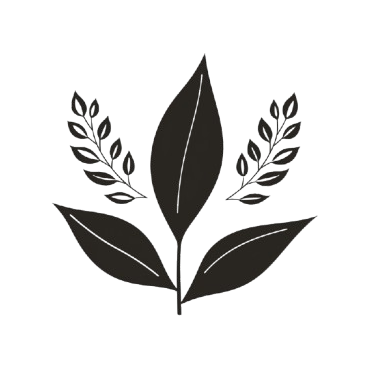When it comes to sourcing quality beverages, few options can rival the delights of wholesale tea. Whether you are an entrepreneur starting a café or a retailer looking to expand your product line, choosing a reliable wholesale tea supplier can make all the difference in ensuring that you provide exceptional products to your customers. In this article, we will explore various aspects and benefits of partnering with a wholesale tea supplier, alongside insights into the world of tea itself.
The Benefits of Choosing a Wholesale Tea Supplier
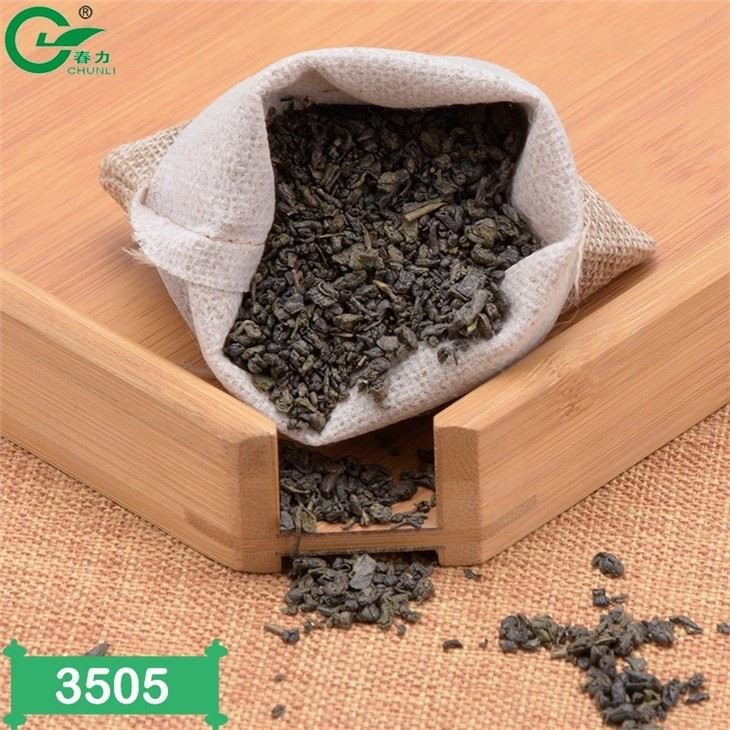
Selecting a wholesale tea supplier can significantly impact your business’s success. With the right partner, you can enjoy numerous advantages ranging from cost savings to access to a diverse selection of high-quality teas.
Cost Efficiency
One of the most compelling reasons for businesses to consider partnering with a wholesale tea supplier is the potential for significant cost savings.
When purchasing in bulk, you often unlock discounts that make each unit cheaper than if you were to buy retail. This not only helps to improve your profit margins but also allows you to pass some of those savings onto your customers, making your offerings more competitive in the market.
Moreover, by working directly with a tea factory, you can eliminate middlemen from the supply chain who typically add to the final price. This direct connection ensures that you receive better pricing without compromising on quality.
Quality Control
Another key benefit of collaborating with a wholesale tea supplier is the assurance of quality control.
By establishing a relationship with a trusted supplier, you gain access to premium loose-leaf tea sourced directly from reputable farms. Many suppliers have strict quality control measures in place, ensuring their products meet specific standards before being shipped out.
Quality tea not only enhances customer satisfaction but also builds brand loyalty. When customers know they can rely on you for exceptional tea, they are more likely to return for additional purchases.
Variety and Customization
The tea market is vast and diverse, encompassing numerous types of tea leaves, flavors, and blends.
A reliable wholesale tea supplier provides a broad selection of options, allowing you to craft a unique menu tailored to your customers’ preferences. From classic black and green teas to herbal infusions, the possibilities are endless.
Additionally, many suppliers offer customization options, including bespoke blends formulated to suit your specific branding and marketing strategies. This level of personalization can set your business apart in a competitive marketplace.
Exploring the World of Wholesale Loose Leaf Tea
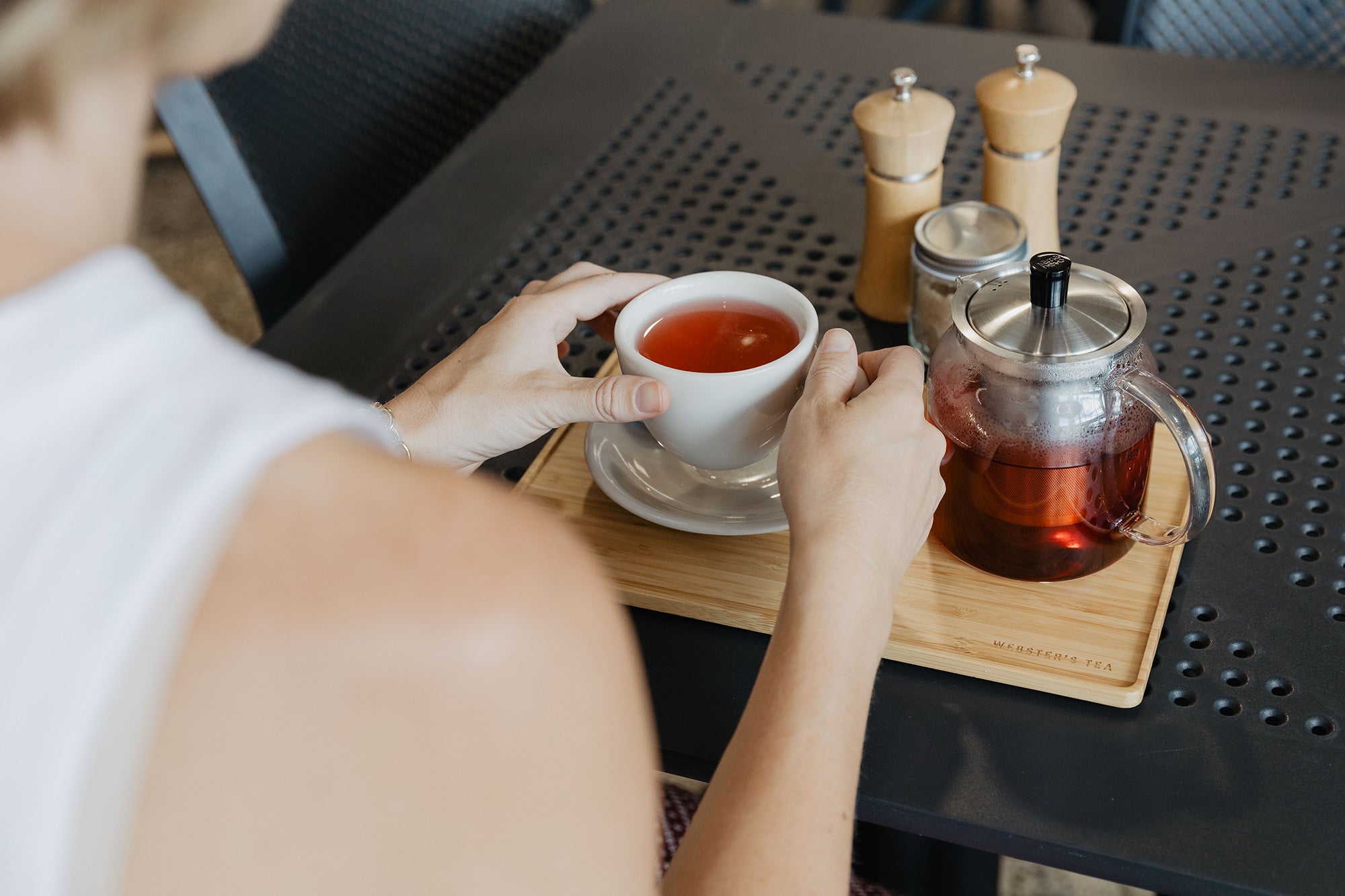
Wholesale loose leaf tea has gained popularity among consumers and businesses alike, primarily due to its superior quality and flavor profile compared to bagged tea.
Understanding Loose Leaf Tea
Loose leaf tea is made from whole tea leaves rather than being packed into bags. This method offers several advantages, including enhanced flavor, aroma, and health benefits.
When brewed, loose leaf tea allows water to circulate freely around the leaves, extracting essential oils and flavors more effectively than traditional teabags. As a result, beverages made from wholesale loose leaf tea often boast richer, more complex tastes that appeal to discerning palates.
Health Benefits of Loose Leaf Tea
Beyond taste, there are various health benefits associated with drinking wholesale loose leaf tea.
Many varieties of loose leaf tea are rich in antioxidants, which can help combat free radicals in the body. These antioxidants play a crucial role in promoting overall health and reducing the risk of chronic diseases.
Furthermore, loose leaf tea often contains higher concentrations of beneficial compounds such as catechins and flavonoids. Incorporating these elements into your daily routine can support heart health, boost metabolism, and aid digestion.
Sustainability and Environmental Impact
As consumers become increasingly aware of environmental issues, the demand for sustainable products continues to rise.
Opting for wholesale loose leaf tea can be aligned with eco-friendly practices. Most loose leaf tea is sold without excessive packaging, and the production process often requires fewer resources than teabags. By offering loose leaf tea, businesses can cater to environmentally conscious customers while minimizing their carbon footprint.
How to Find a Reliable Tea Factory for Wholesale Orders
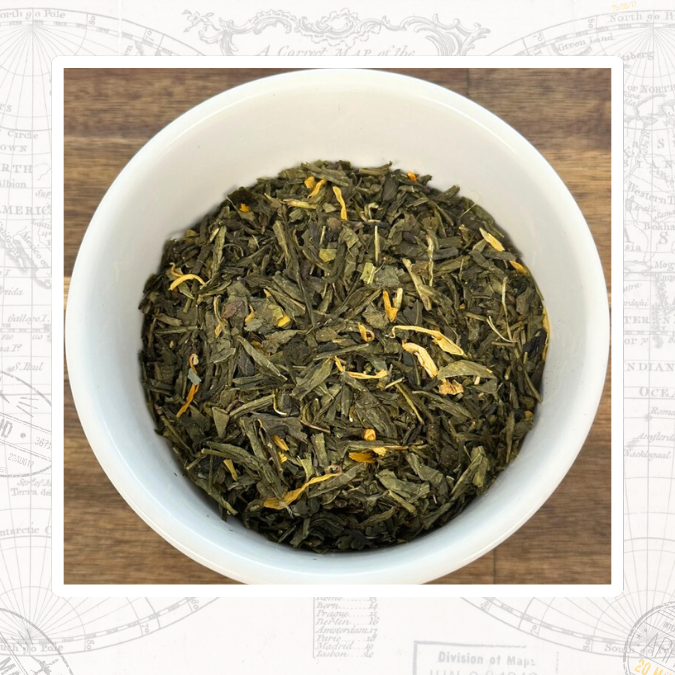
Identifying a trustworthy tea factory to fulfill your wholesale tea needs can seem daunting, but it doesn’t have to be.
Conducting Research
The first step in finding a reputable tea factory is thorough research.
Look for manufacturers with established reputations in the industry. Online reviews, testimonials, and case studies can provide valuable insights into the quality of their products and customer service. Additionally, directories and trade shows may feature potential suppliers that meet your criteria.
It’s also wise to assess their certifications. A reputable tea factory should comply with international quality standards and possess relevant certifications, ensuring that they maintain high production levels.
Building Relationships with Suppliers
Once you have identified potential candidates, take time to build relationships with them.
This could involve scheduling meetings or site visits to learn more about their operations firsthand. Engaging in open communication will allow you to discuss any specific requirements, such as the types of tea you wish to source or volume expectations.
Strong relationships with suppliers can lead to better terms, personalized service, and increased reliability over time. When suppliers see you as a valued partner rather than just another client, they are more likely to prioritize your orders and provide exceptional support.
Quality Assurance Practices
Before committing to a tea factory, it’s crucial to inquire about their quality assurance practices.
Reputable suppliers should have stringent protocols in place to ensure that the tea meets required specifications. Request samples to evaluate the quality firsthand and check for consistency in flavor, aroma, and appearance.
You should also inquire about their sourcing methods. Knowing where and how they procure their raw materials can give you confidence in the integrity of the tea you will ultimately provide to your customers.
Top Qualities to Look for in a Wholesale Tea Supplier
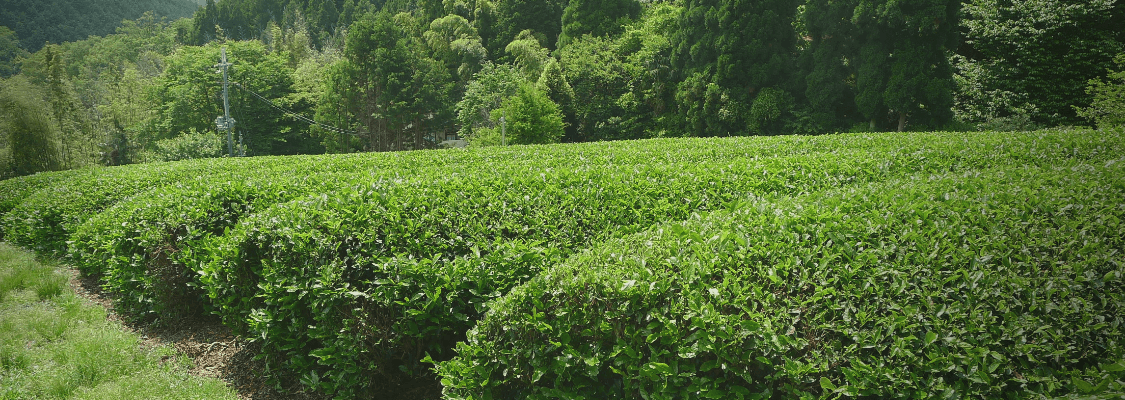
Choosing the right wholesale tea supplier requires careful consideration of various factors beyond just pricing.
Experience and Expertise
Experience speaks volumes when it comes to selecting a supplier.
A well-established wholesale tea supplier should have a proven track record in the industry. Their understanding of market trends, customer preferences, and tea sourcing will contribute significantly to your success.
Additionally, look for suppliers who demonstrate passion and knowledge about tea. Engaging with suppliers that offer educational resources, training, and tasting sessions can be advantageous for both you and your staff.
Product Range and Specialization
Every business is unique, and your tea supplier should reflect that.
Opt for a supplier that boasts a wide range of products, including different tea types, flavors, and blends. Compare various suppliers to find one that aligns with your vision and target audience.
If you’re interested in specialty teas or unique blends, be sure to communicate this with potential suppliers. Their ability to accommodate niche requests can prove invaluable in diversifying your offerings.
Excellent Customer Service
A fantastic product means little if customer service falls short.
Evaluate the responsiveness and professionalism of potential suppliers during your initial interactions. Clear communication, flexibility, and willingness to address concerns are signs of a reliable partner.
An established wholesale tea supplier will prioritize building long-term relationships, providing you with consistent support even after the sale is made. Strong customer service can enhance your experience and create a lasting partnership with your supplier.
The Process of Sourcing Wholesale Loose Leaf Tea

Sourcing wholesale loose leaf tea involves several steps that require attention to detail and strategic planning.
Identifying Your Requirements
Before embarking on the sourcing journey, assess your business needs clearly.
Consider factors such as budget, target audience, and desired product offerings. This self-assessment will guide you in finding a supplier that aligns with your goals.
Creating a list of specific teas you wish to stock can streamline the sourcing process, as it allows suppliers to present targeted options based on your preferences.
Developing a Shortlist of Suppliers
Once you understand your needs, research potential suppliers and develop a shortlist.
Utilize online resources, attend industry events, and engage with other businesses to gather recommendations. Make sure to include suppliers that specialize in wholesale loose leaf tea and have established reputations in the industry.
This shortlist will serve as a framework to start reaching out, requesting samples, and evaluating the offerings of each potential supplier.
Evaluating Samples and Finalizing Orders
After narrowing down your choices, request samples from your shortlisted suppliers.
Tasting the tea firsthand will allow you to assess quality, flavor, and aroma. Take notes during your tastings to compare the various offerings.
Once you’ve selected the teas that resonate with your brand and audience, finalize your order with the chosen supplier. Ensure that you clarify any details regarding shipping, payment terms, and expected delivery timelines.
Wholesale Tea: Cost-Effective Solutions for Businesses
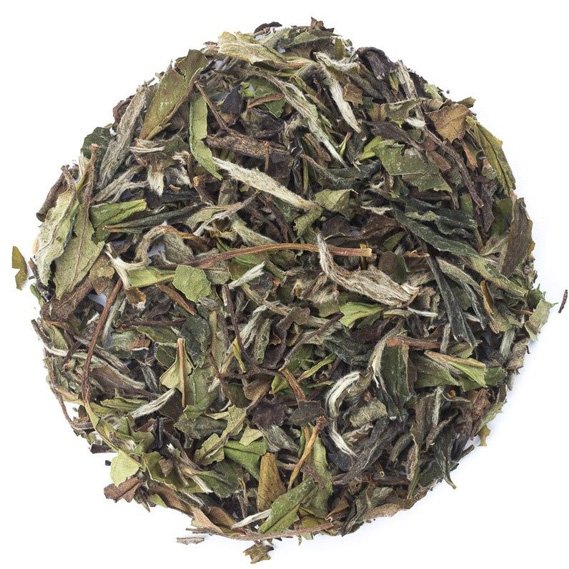
Understanding the financial benefits of sourcing wholesale tea is critical for businesses looking to optimize costs and maximize profits.
Bulk Pricing Advantages
Purchasing tea in bulk has inherent financial perks.
In addition to lower unit prices, buying in larger quantities can reduce shipping costs per unit. This aspect becomes especially advantageous when aiming to build a comprehensive inventory that caters to a diverse customer base.
Consider negotiating pricing terms with your supplier, especially if you plan to establish a long-term partnership. Many suppliers are willing to offer tiered pricing structures based on order volumes, resulting in further savings.
Inventory Management and Cash Flow
Effective inventory management plays a vital role in maintaining cash flow and ensuring that you always have products on hand.
Work closely with your wholesale tea supplier to develop an ordering schedule that aligns with your sales projections. Efficient inventory practices can prevent overstocking or running out of popular items, both of which can negatively impact your bottom line.
Implementing inventory tracking software can also assist in monitoring stock levels, leading to smarter purchasing decisions and better cash flow management.
Marketing and Promotions
Cost-effective sourcing of wholesale tea opens up avenues for creative marketing and promotional opportunities.
With attractive pricing structures in place, businesses can run seasonal promotions, loyalty programs, or bundle deals to entice customers. Offering exclusive discounts on premium teas can draw in customers, ultimately boosting sales and strengthening brand presence.
Leverage the unique attributes of your sourced teas to tell a compelling story to your audience, linking product quality to your brand ethos.
Why Partnering with a Tea Factory Can Boost Your Business
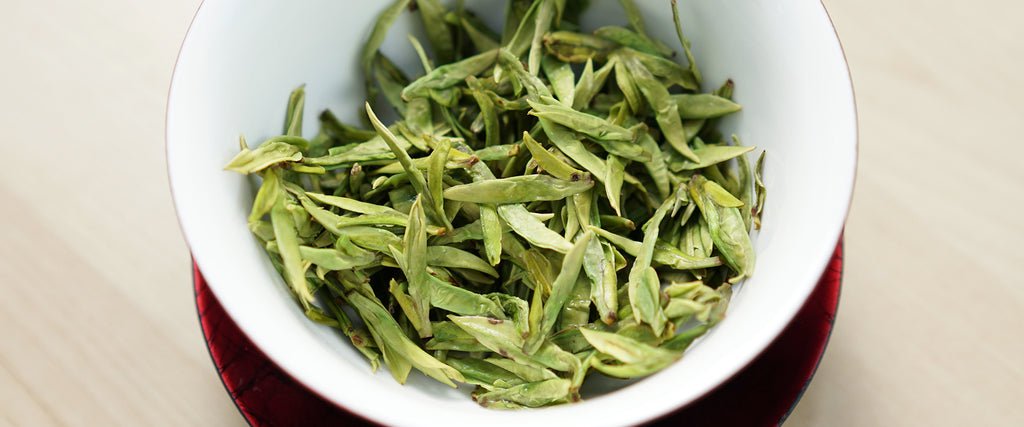
Collaborating with a tea factory presents many opportunities for growth and success in the tea market.
Direct Access to Quality Products
Establishing a direct relationship with a tea factory streamlines the supply chain.
This connection guarantees that you have direct access to high-quality tea products at competitive prices. Furthermore, many factories have established relationships with farmers, allowing you to source unique blends that may not be available through traditional distribution channels.
These exclusive partnerships can enrich your product offerings, giving you a competitive edge in the marketplace.
Innovation and New Product Development
Partnering with a tea factory can inspire innovation within your business.
Factories often invest in research and development to create new blends, flavors, and concepts. Collaborating with them can lead to co-branded products or custom formulations tailored to your target audience’s desires.
The ability to introduce novel products can set your business apart, encouraging customers to explore new tastes and remain engaged with your offerings.
Enhanced Brand Story and Authenticity
Customers today are increasingly seeking authentic experiences and stories behind the products they purchase.
By sourcing directly from a tea factory, you can share the origins of your teas and emphasize ethical sourcing practices. You can highlight the craftsmanship involved in producing your teas, and educate consumers about the journey from leaf to cup.
This transparency fosters trust and loyalty, solidifying your brand’s reputation as a responsible and quality-driven business.
Understanding Different Types of Wholesale Tea Available

Navigating the variety of wholesale tea options available necessitates a clear understanding of the different categories and styles.
Traditional Categories of Tea
Tea is broadly classified into several traditional categories, including black, green, oolong, white, and herbal.
Black tea is known for its robust flavor and higher caffeine content, while green tea is celebrated for its delicate taste and antioxidant properties. Oolong offers a unique blend of the two, combining aspects of both black and green tea. White tea, often regarded as the most delicate, is made from young leaves and buds.
Herbal teas, although technically not derived from the Camellia sinensis plant, have gained considerable popularity due to their varied flavors and health benefits. Understanding the differences between these categories can help you curate a diverse menu that appeals to various consumer preferences.
Specialty Teas and Blends
In addition to traditional categories, specialty teas and blends represent a growing niche within the market.
These can include flavored teas, chai blends, and functional teas designed for specific health benefits. Sourcing wholesale loose leaf tea that fits these categories can allow you to cater to a broader audience, including health-conscious consumers or those seeking unique flavor experiences.
Regional Varieties and Terroir
Each region known for tea production imparts distinct characteristics to its products based on local climate, soil, and cultivation methods.
For example, Darjeeling tea from India is known for its floral aromas and muscatel flavors, while Assam tea is characterized by its malty richness. Understanding these regional varieties enables you to diversify your offerings based on the preferences of your customer base.
Offering localized selections can also strengthen your brand’s identity and appeal to customers who value authenticity and sourcing transparency.
Tips for Navigating the Wholesale Tea Market

Successfully navigating the wholesale tea market requires strategic planning and awareness of emerging trends.
Stay Updated on Trends
The tea industry is continually evolving, influenced by consumer preferences and market dynamics.
Regularly engaging with industry publications, attending trade shows, and participating in networking events can ensure you stay informed about the latest trends. This knowledge will empower you to adapt your product offerings and marketing strategies accordingly.
Additionally, social media platforms can provide insights into what consumers desire, allowing you to respond proactively to market demands.
Understand Your Target Audience
Knowing your target audience inside and out is essential for effective marketing and product selection.
Conduct surveys or engage directly with your customers to understand their preferences, purchasing behaviors, and general attitudes toward tea. By gathering input from your audience, you can refine your offerings and tailor communications that resonate with them.
Furthermore, consider segmenting your audience based on demographics, lifestyles, and preferences, enabling more targeted marketing campaigns.
Maintain Flexibility and Adaptability
The nature of the beverage industry necessitates adaptability to changing conditions.
Be prepared to pivot your approach based on market feedback, seasonality, and emerging trends. For instance, introducing limited-edition blends or seasonal flavors can create excitement among consumers and keep your offerings fresh.
A flexible mindset will enable you to capitalize on new opportunities and respond effectively to challenges that arise in the market.
Building Strong Relationships with Tea Suppliers

Fostering strong relationships with your wholesale tea suppliers leads to mutually beneficial partnerships that can help both parties thrive.
Consistent Communication
Open lines of communication are pivotal in nurturing relationships with suppliers.
Regularly updating them on your business needs, feedback, and potential changes in orders fosters a sense of collaboration. This transparency can help suppliers anticipate your requirements and adapt their services accordingly.
Moreover, don’t shy away from discussing challenges you encounter. A trusted supplier will appreciate your honesty and work with you to find solutions.
Providing Feedback and Recognition
Acknowledging the efforts of your supplier contributes to a positive working relationship.
Take the time to provide constructive feedback on their products and services. If you notice improvements or appreciate their responsiveness, let them know. Recognizing their contributions creates goodwill and encourages them to continue prioritizing your needs.
Long-Term Partnerships
Building long-term partnerships with your tea supplier can lead to several advantages down the line.
Consistent collaborations foster familiarity and trust, enabling both parties to navigate challenges and opportunities more effectively. Establishing contracts or agreements can solidify this relationship, encouraging the supplier to prioritize your orders and navigate any potential disruptions collaboratively.
Conclusion
Selecting a wholesale tea supplier is a monumental decision for any business involved in the tea industry.
From cost efficiency and quality control to the diversity of products and the potential for innovative collaborations, the benefits of partnering with a reliable supplier are manifold. By actively engaging with suppliers, exploring the finest wholesale loose leaf tea options, and remaining adaptable to market trends, you can position your business for sustained success.
Ultimately, understanding the nuances of sourcing and selling tea will enhance your credibility and attract loyal customers, creating a thriving enterprise dedicated to the love of tea.
